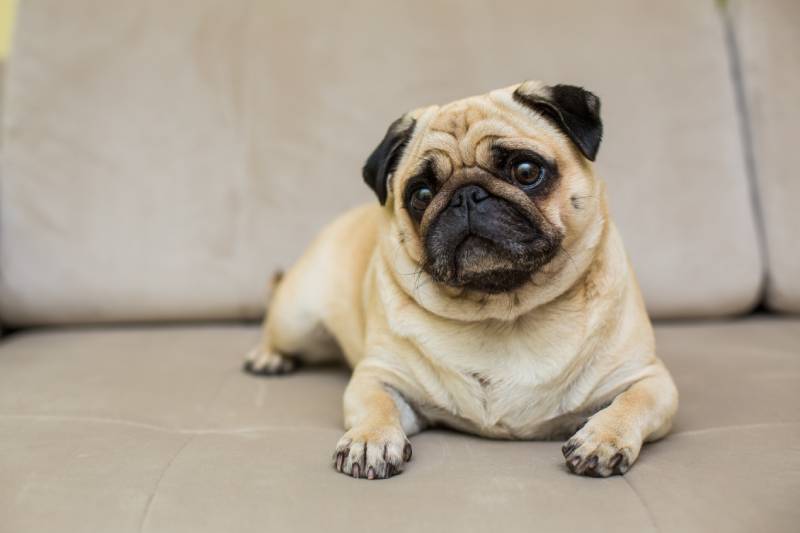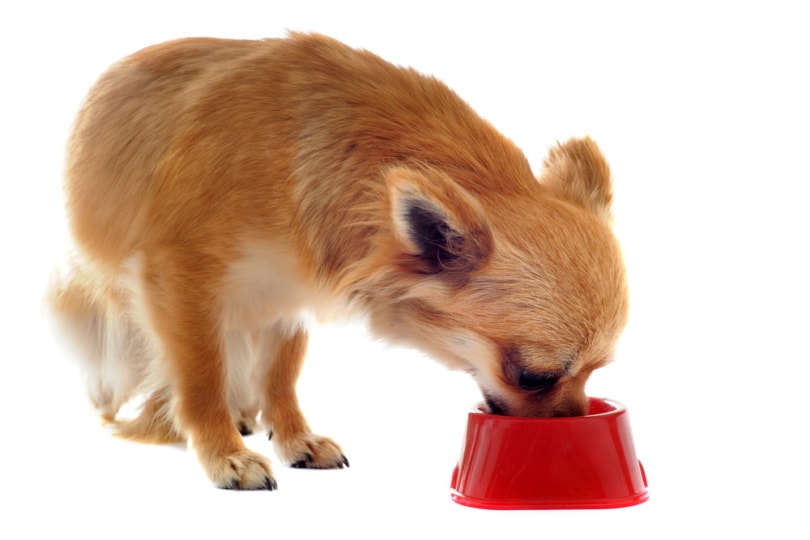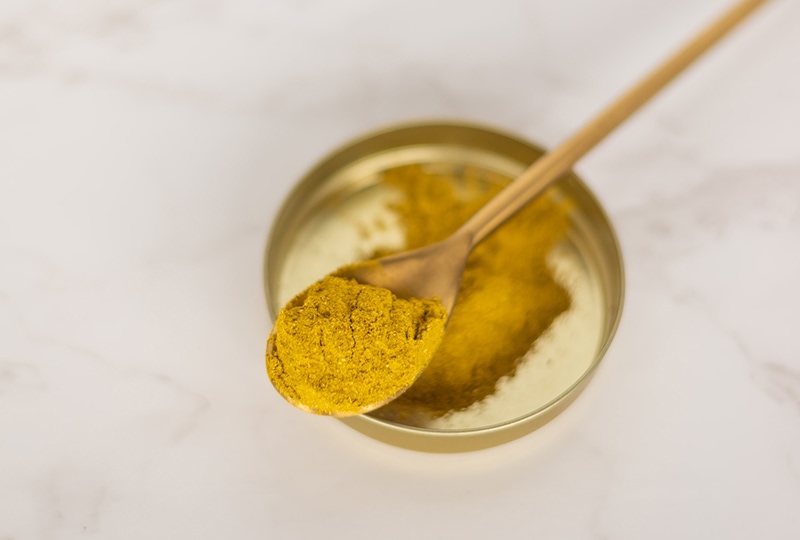15 Pros & Cons of Owning a Shiba Inu: What To Consider Before Bringing One Home
Updated on
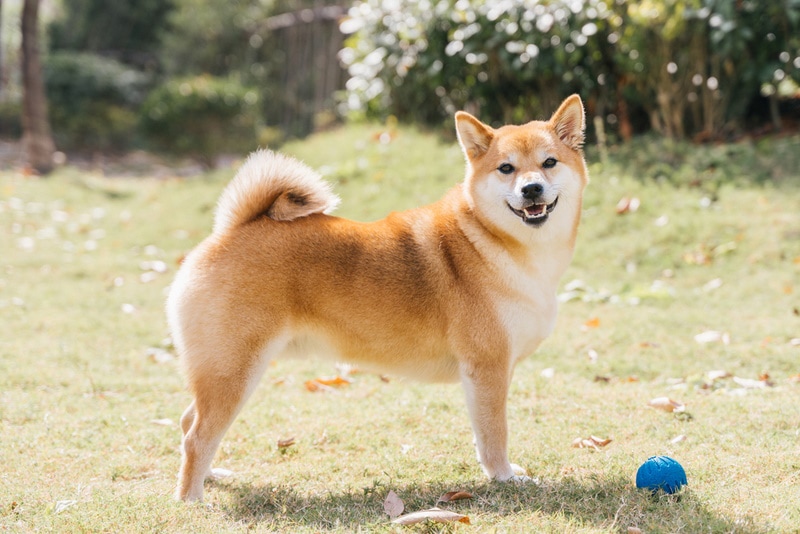
Click to Skip Ahead
The Shiba Inu can be traced to 7000 BCE when the first small dogs accompanied immigrants to the islands of Japan. It is a smaller breed, closely related to the Akita, Kishu, and Kai. This ancient Japanese breed was used for hunting small birds and retains these instincts even today. The Shiba Inu was introduced to the United States in 1954 when a military family brought one home.
Like any breed, there are pros and cons. If you are adopting a dog, you should know the many benefits of the Shiba Inu and the factors you should carefully consider before adopting. Let’s take a look!
What Are the Pros of Shiba Inus?
1. Beauty
No one can deny the Shiba Inu’s natural beauty. They are one of the most recognizable breeds with a foxlike, compact appearance. The fluffy coat and curled tail are also signature traits. However, don’t let the fluff fool you.
Underneath, they sport a muscular frame that makes them solid and sturdy dogs. Standard colors include black and tan, cream, red, and red sesame, with females typically sporting a lighter shade than males. Your Shiba Inu will likely turn a few heads while in public.
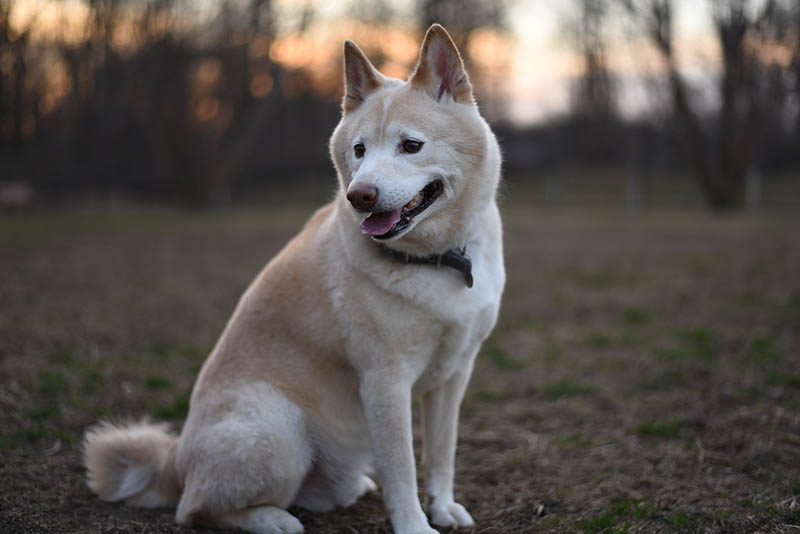
2. Loyalty
Shibas are fiercely independent and not as affectionate as other dog breeds (more on both below). However, they still form strong bonds with their owners and close family. This makes them very loyal dogs that will go to great lengths to protect their loved ones. In fact, there are several stories that highlight just how loyal they can be, including that of Hachiko, who waited at the train station for his owner who had passed away, and of Mari, who searched ceaselessly for rescuers to help her owner who had been trapped after an earthquake.
3. Health
According to the AKC, the most common health problem that Shiba Inus face is allergies, which is the same for most dogs. Veterinarians typically treat skin allergies if they can identify the source of the allergy. Purebred dogs should be evaluated for joint conditions, especially before adoption. However, that said, the Shiba is a relatively healthy breed. Older dogs should be closely monitored for weight gain to help prevent common health conditions associated with aging.
4. Size
The Shiba Inu is a compact dog that typically weighs between 17 and 23 pounds. Because of their smaller size, they can be much easier to handle, even given their strong, muscular build. This makes them ideal for smaller homes and families with small children. Those who travel may also want to consider a Shiba Inu, whether you travel by car or plane. They are highly portable, no matter how you get around.
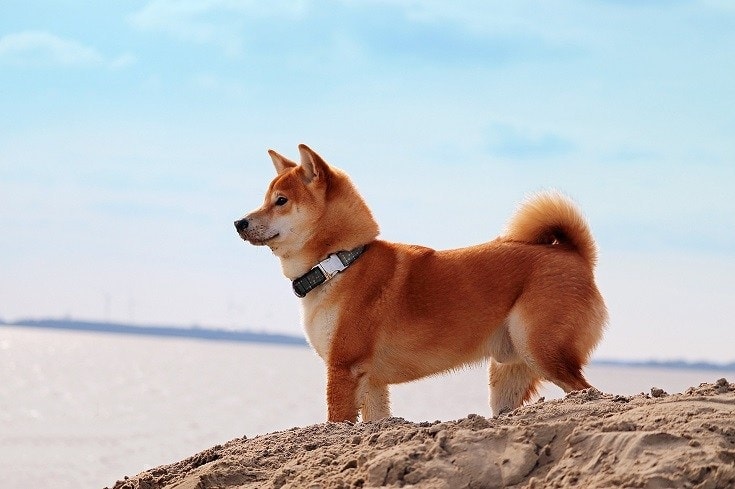
5. Intelligence
Intelligence is both a pro and a con, but we are listing it as a pro because it benefits the right owner. A Shiba owner should be just as smart as their pup, working with them regularly with positively reinforced training to keep their wits sharp and mind engaged. However, smart dogs can often get into trouble, like opening cabinets to get into their treats or escaping their yards.
6. Independent
Many dog owners aren’t fond of a “lap dog” or one that needs constant attention. If that’s you, the Shiba Inu could be a great match. You can easily entertain them with interactive toys indoors and leave them alone without worrying about separation anxiety if you have trained them well. Some dog owners may view their independent nature as a con because it can make them less affectionate than other breeds, but for the right owner, it’s a pro.
7. Clean
Are you afraid a new puppy will get muddy outside and run around your home when it comes in? A Shiba probably won’t do that. They are likelier to walk around a mud puddle than roll around in it. They are also cat-like in their desire to be clean, even with their thick coats.
Although their coat sheds often, they produce less dander than many other dogs, so they may not contribute to the dust and allergens in your home as much as you’d think. Housebreaking a Shiba is typically easier because of their intelligence and desire to be clean.
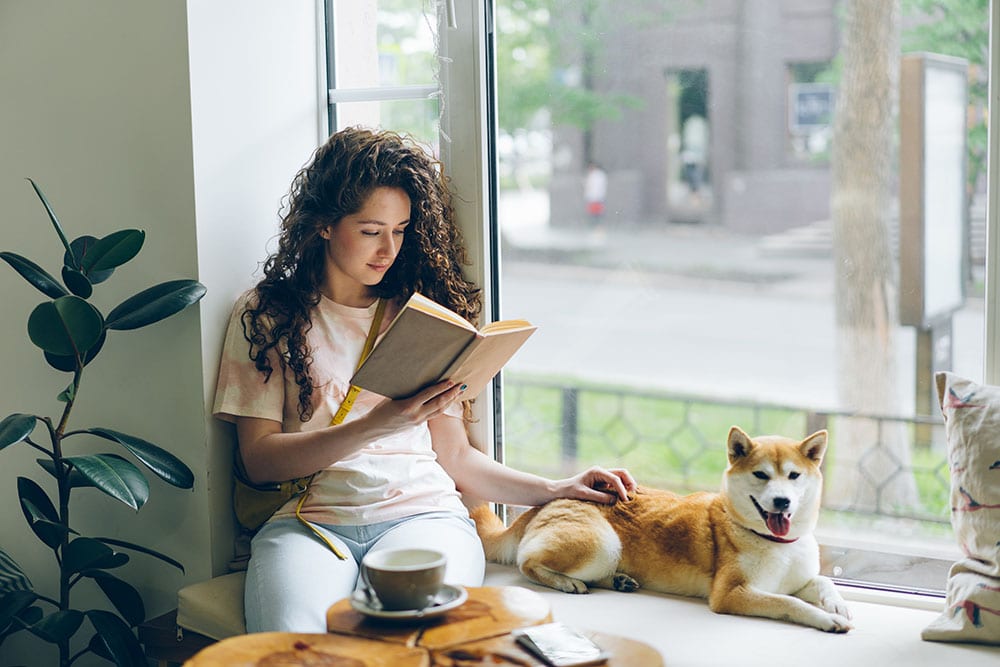
8. Attention-Getting
If you’d like a pup that will turn heads while out on a walk, there’s no better choice than the Shiba Inu. While it’s growing in popularity in the United States, it is still relatively rare compared to some of the most popular breeds, like French Bulldogs, German Shepherds, and Poodles.
It’s listed as #43 on the American Kennel Club’s list of most popular dog breeds. With striking and unique features, your pup won’t go unnoticed.
What Are the Cons of Shiba Inus?
1. Heavy Shedding
Shibas shed, and they shed a lot. While they shed moderately throughout the year, they blow their coat twice a year, resulting in heavy shedding that may be difficult to keep up with, even with daily brushing. Deshedding regularly at the groomers may be necessary and should help with the fur left around your home. Still, expect a fair amount of hair left around your home. Their hair shouldn’t mat easily, but daily brushing is still recommended.
2. Not Very Affectionate
The same independence that makes them great pups for many dog owners may make them seem aloof and not very affectionate. If you’re looking for a companion pet, the Shiba Inu may not be your best choice. They aren’t always welcoming to strangers and are not considered lap dogs.
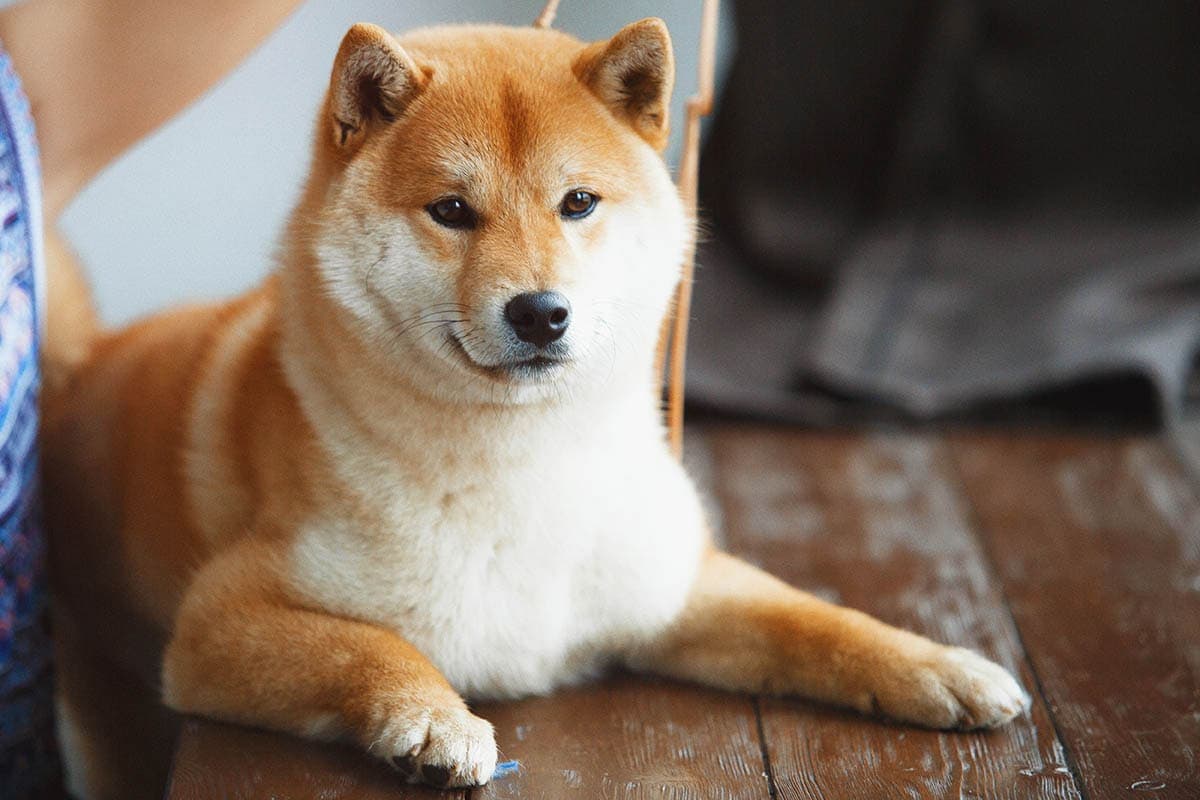
3. Strong-Willed
Its independent nature makes the Shiba Inu a strong-willed one as well. The Shiba Inu is strong-willed, so you should be equally determined if they want something. This is especially true during training. If they adjust to getting what they want, it will be difficult to change this attitude as they age. Training can become challenging even for puppies, but stick to it, and you will have a well-mannered pup.
4. Dramatic
Shibas can throw a tantrum if they don’t get their way. This can include barking, snarling, screaming, pouting, becoming standoffish, or even being steadfast in moving from their position. Your dog will learn what works and what doesn’t for getting their way, so it’s important to be consistent when saying “no” and ensure everyone in the home agrees to hold firm. They shouldn’t get their way because of a tantrum!
5. Very Vocal
The Shiba Scream can sound just like a human and is unique to the breed. It can also be quite bothersome if not controlled early with training. If allowed to continue, it’s challenging to regulate as an adult. However, vocalization can still be managed with training, making the breed ideal for apartments.
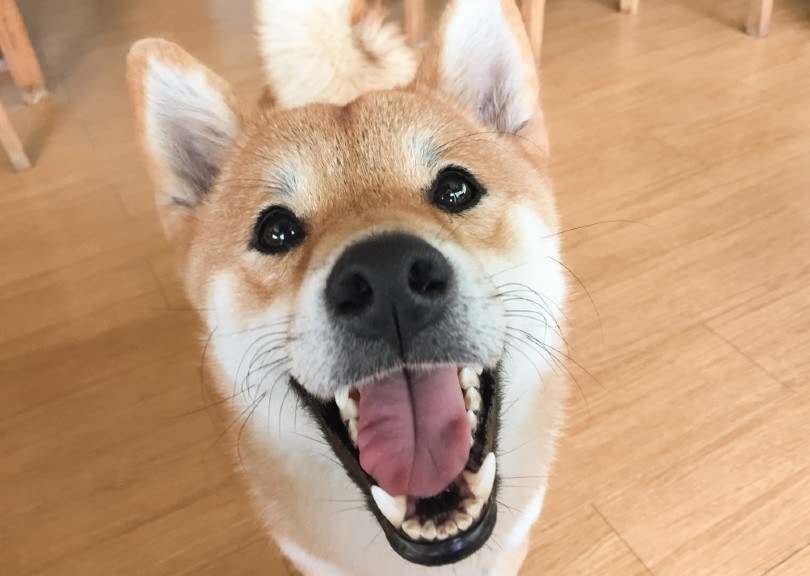
6. Aggressive Toward Other Animals
Training may not easily manage the breed’s tendency for aggression toward other animals. Shiba Inus typically don’t get along with other dogs and especially not cats. This tendency is especially clear in adults who are not already socialized well. Puppies should socialize with others at dog parks, with friends, and with as many other animals as possible in various settings. This may help to prevent the problem as they get older, but they still could experience this tendency, and owners should be aware when around other animals.
7. Flight Risk
Shibas like to track and chase other animals. They likely won’t hear you calling for them when they do this. This means it is especially important that they remain leashed while on walks and that your yard is secure so they can’t get out. Just in case, they should have a collar with identification and be microchipped with updated information. You should inform your neighbors of your pup and its name so they can keep an eye out if it escapes your home.
Conclusion
The Shiba Inu is a beautiful dog that is a wonderful choice for families looking for an intelligent breed that can keep up with their active lifestyle. They are strikingly beautiful, with unique features. However, they require training from an experienced dog owner to ensure they are a well-behaved member of the home.
Featured Image Credit: Spencer-Xu-Shutterstock



